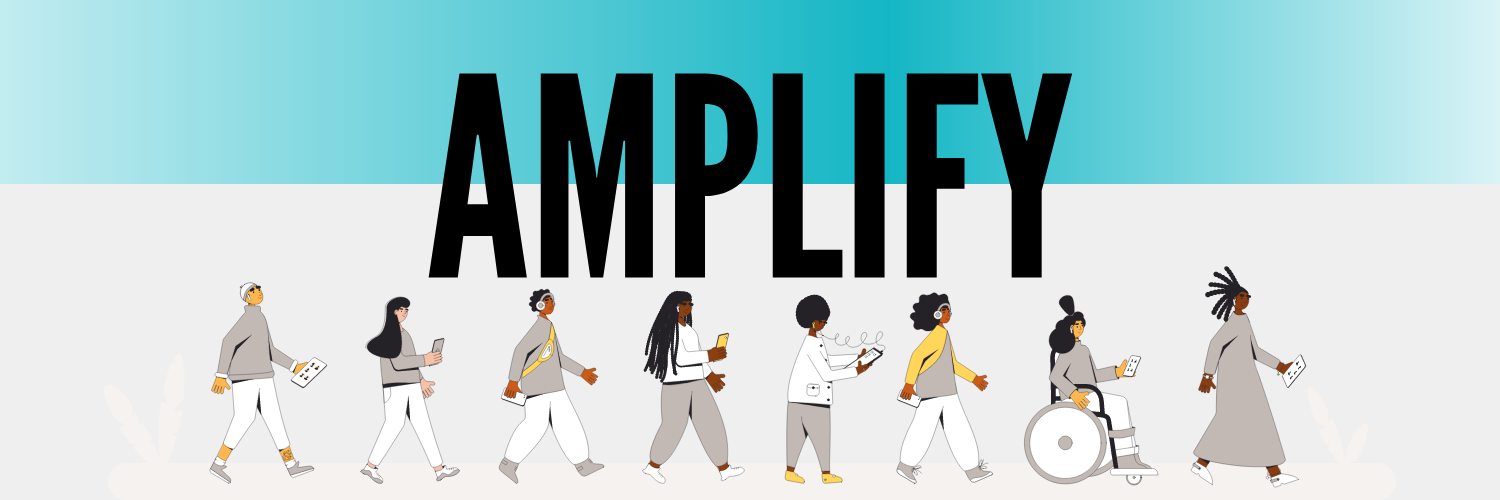Members of ACT | The App Association are innovative small businesses and enterprises transforming the way we live, work, and play through apps and connected technology. They’re leading the next generation of trailblazers who are working to solve problems and fill gaps across industries. In order for our members to continue improving the lives of their customers and clients through safe, secure products, the public and private sectors together must invest in our future workforce through science, technology, engineering, and mathematics (STEM) and science, technology, engineering, arts, and mathematics (STEAM) education.
The Problem
When looking at the app economy workforce at large, one thing is clear: there is a talent shortage. According to the U.S. Labor Department, the global shortage of software engineers could reach 85.2 million by the end of the decade. Right now, there are about 40 million unfilled technical jobs due to the shortage of skilled workers. When you consider that companies around the world are at risk of losing $8.5 trillion in revenue because of this labor shortage, the realities of our computer science education and workforce development dilemma become even more real.
Our members want to continue driving change and innovation in the app economy and are fully dependent on the next generation of the workforce to make that happen. Issues around diversity, equity, inclusion, and workforce development transcend borders and impact innovation and achievement, regardless of a company’s location or size. The gap in representation and inequities our industry experiences only amplify a worldwide workforce development and computer science education issue that could put the global app economy at a major disadvantage.
The Solution
Through public-private partnerships, government officials, business leaders, the developer community, and people who use and love technology can act as a united front to create and promote diverse, equitable, and inclusive computer science education and workforce development programs. This means an intersectional, inclusive representation that empowers people across all communities. In honor of March being International Women’s History Month (WHM), we’re excited to bring attention to some programs and events hosted by groups that aim to empower women and allies.
Black Girls CODE was founded by Kimberly Bryant over a decade ago to improve the pipeline of Black girls in tech. Since then, they have grown into a community that continues to build pathways for young women of color through coding and development events, hackathons, and so much more. Donate here.
HackViolet VT is a 24-hour hackathon hosted by a student-run, non-profit organization at Virginia Tech. Their inclusive environment aims to educate people about the obstacles women (trans and cis) face in the app economy. HackViolet VT was held earlier this year and consisted of collaborative workshops, community building, and a lot of fun. Learn about sponsorship here.
Girls Who Code is a global organization that provides its community with resources, advocacy, programs, and clubs both in person and virtually. They have cost-efficient, accessible tracks for young women and people who want to begin a career in tech. Donate here.
In Conclusion
As a global community of technology creators and users, we have a responsibility to enhance resources at all levels of workforce development. We hope to see government officials and business leaders acting as a united front to create and promote diverse, equitable, and inclusive computer science education and workforce development programs. This WHM, consider donating time, money, or additional resources to groups that continue to build up women and girls through STEM and STEAM educational efforts.
